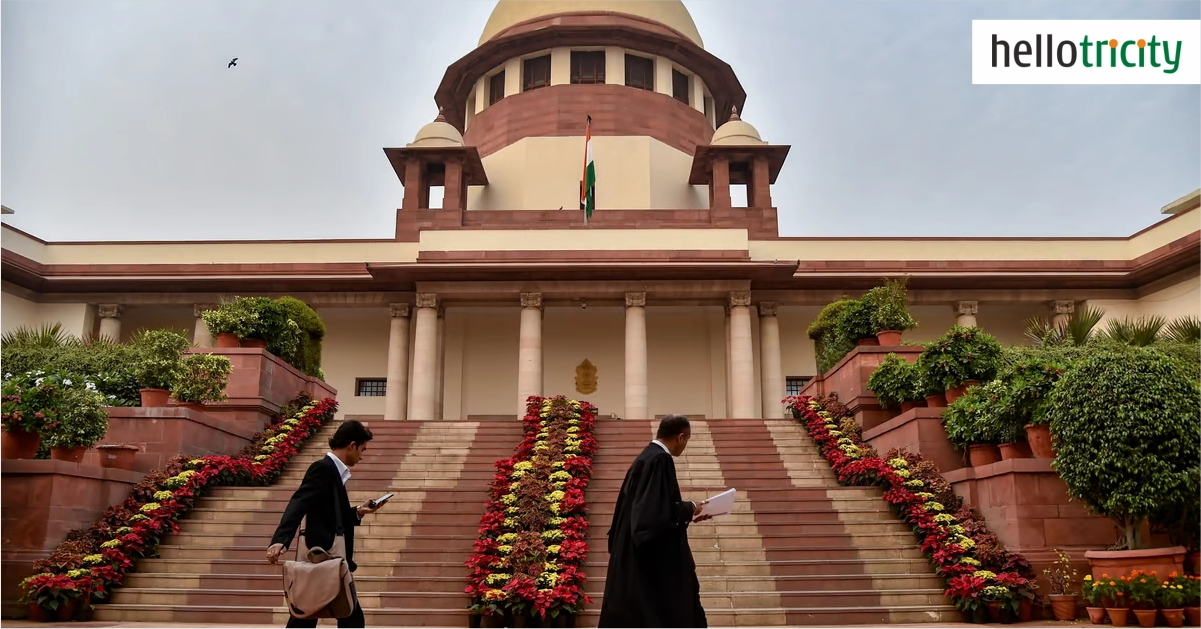The order passed by the Supreme Court of India granting the state governments to classify Scheduled Castes (SCs) and Scheduled Tribes (STs) so that there can be quotas for admissions and public employment on this day in August 2024 serves as a turning point. A seven-member bench headed by Chief Justice D.Y. Chandrachud made the ruling against earlier findings which had considered such sub-categorization as illegal, specifically referencing E.V. Chinnaiah.
The court accepted that there are differing degrees of prejudice and backwardness within SC groups and declared that they are not a homogenous group. Chief Justice Chandrachud emphasised that states can focus on providing greater benefits to specific sub-classes of SCs without infringing on the President’s exclusive authority to identify SCs under Article 341 of the Constitution. However, he cautioned that empirical data must back any exercise of this power and is subject to judicial review.
Justice B.R. Gavai, who provided a separate opinion, highlighted the need to address equality among unequals. He pointed out that allowing affluent backward classes to continue receiving reservation benefits contradicts the very purpose of affirmative action. Justice Gavai advocated for the identification of a “creamy layer” within SC/ST categories, suggesting that those who have achieved economic and social affluence should be excluded from reservation benefits to make way for more deserving candidates.
The ruling also validated the Tamil Nadu Assembly’s legislative competence to enact the Arunthathiyar Reservation Act, which aims to address specific needs within SC communities.
This decision came after extensive hearings involving arguments from the Attorney General, Solicitor General, and various senior advocates representing state governments. The court’s judgment addresses a crucial aspect of affirmative action in India, aiming to enhance the effectiveness of reservation policies and ensure that they benefit the most marginalized within the SC/ST communities.


